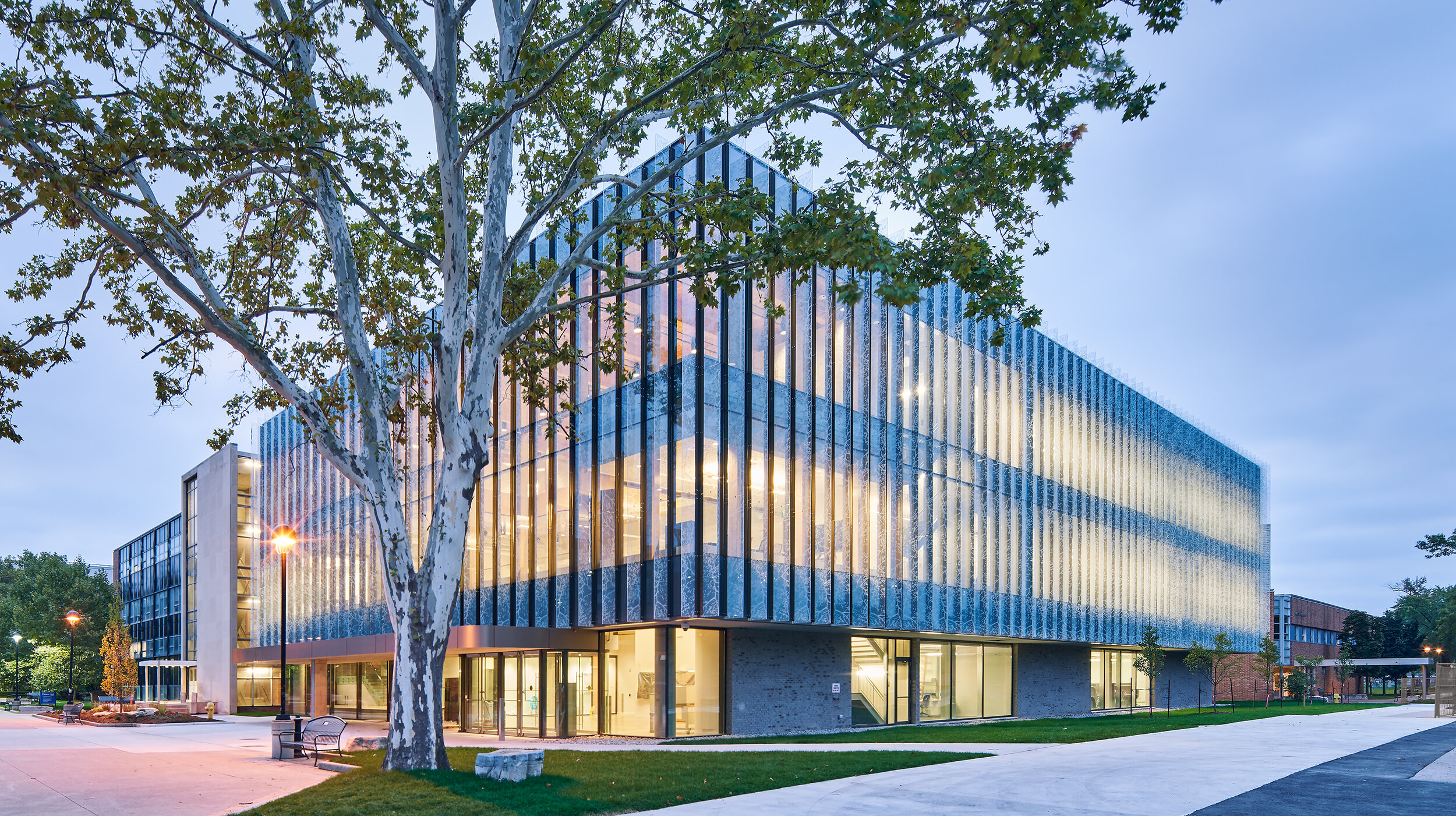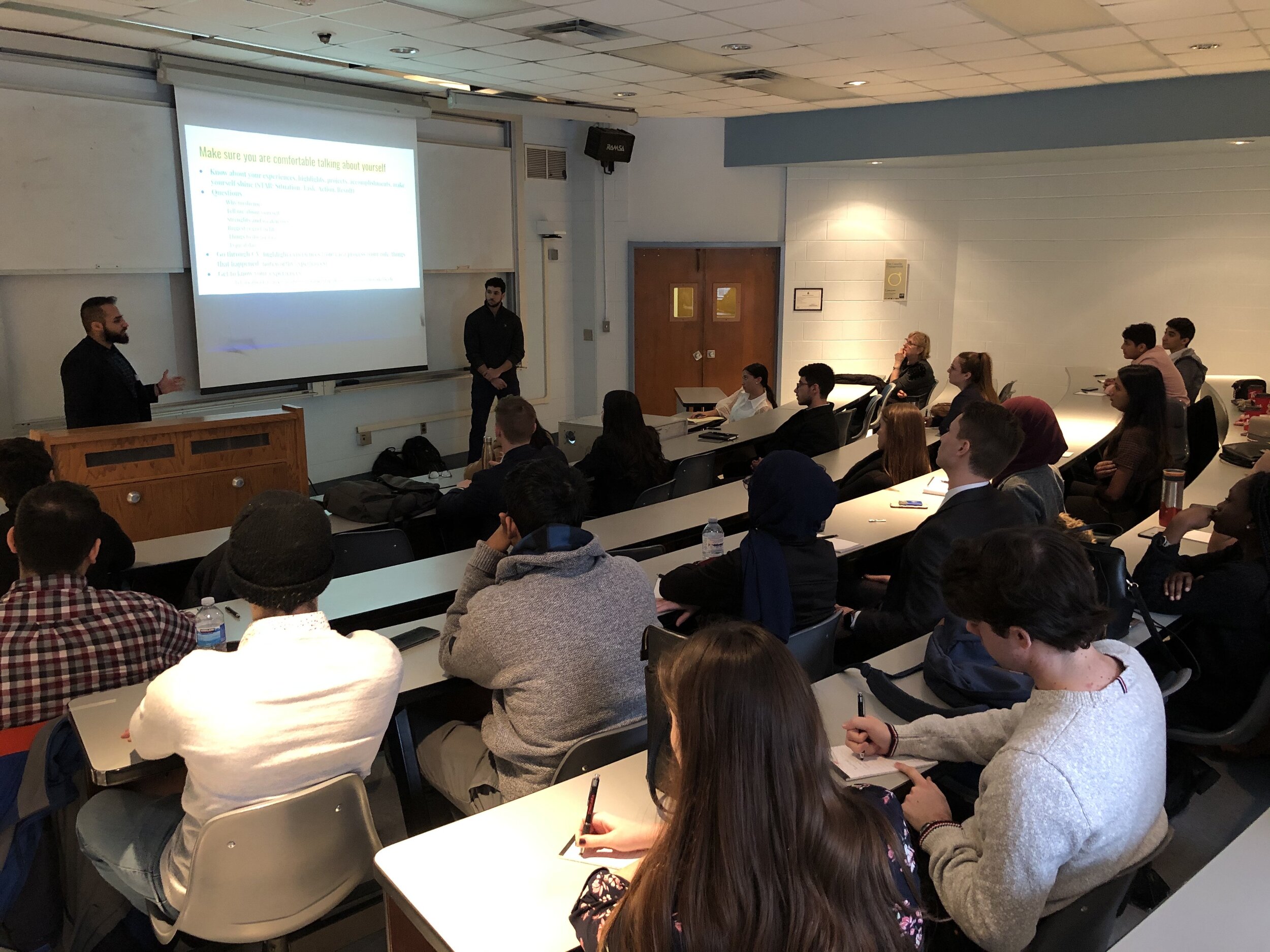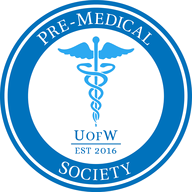
General Medical School Requirements
Academic and Non Academic Requirements of Canadian Medical Schools
Every medical school has a unique set of requirements. Please be sure to visit your medical school of choice’s website for their specific requirements.
Canadian Medical School Academic Requirements
A four year undergraduate degree with 5 full courses (30 credit hours) per year
Meet or exceed the minimum required GPA in required years of full time study. GPA is calculated using the OMSAS GPA Calculator
Released MCAT Scores and transcripts. MCAT must be the version introduced after April 2015
Uninterrupted undergraduate program for reasons other than academic failture
No failure or withdrawal of years of university or denied readmission
Visit the OMSAS link to check the requirements for any Canadian medical school:
*Keep in mind: degree requirements are different than medical school requirements! Please visit the Biomedical sciences website to contact BioMed advisors, or the University of Windsor website for other departmental advisor information.
Canadian Medical School Non-Academic Requirements
Must be a Canadian medical school you must be a Canadian citizen or permanent resident
Proof of adequate English speaking
Reference letters from three people, one of which is a non-academic or character reference
OMSAS Autobiographical Sketch: an essay of life experience and events you’ve participated in.
Training in First Aid and a level C CPR Basic Rescuer Course
Document of immunization
Police record and Vulnerable Sector screening

Reference Letters, CV’S, ABS’s, and PSEs
How to ask for a reference letter:
Make sure the referee is comfortable with the task. Offer to sit down with them for an interview to get to know you better.
Be clear of what you’re looking for. Ensure they can write a postitive letter. Provide them with a copy of your CV and qualities that describe you.
Give them enough time to write you a good reference letter, far more than a week in advance. Follow up with the referee by giving a friendly reminder of the deadline.
CV Template
Contact: include your name, phone number, and professional email. Do not include age, gender, height, or citizenship.
Education: List all degrees you have received or are working on subsequent to high school in reverse chronological order (most recent first), name of institute, date started and date completed.
Certifications: List all certifications/memberships you hold with dates.
Awards: List title and date, include monetary values if significant.
Research: List research, supervisors, role in research, as well as presentations and publications.
Experience: extracurricular activities, volunteer experience, work experience.
Languages: List languages which you are fluent in, specify the degree to which you are fluent.
Tips to Writing a Great PSE:
A Personal Statement of Experience can be written in chronological or non chronological order. It is a chance to set yourself apart from other applicants and write about your unique experiences that have guided you to the medical field!
Start well in advance: have time to edit, rewrite, and have others revise!
Write a long list of accomplishments and experiences, choose from this list the most relevant experiences for you to focus on.
Check specific requirements of the school you’re applying to for world limits and format.
Be organized with a clear message. Prepare a distinct introduction, body, and conclusion.
Autobiographical Entry Format:
An Autobiographical Sketch is required for some medical school applications. This is a list relevant activities with a short description of your experiences that have lead you to apply to medical school, with the following categories:
Employment, Volunteer Activities, Extracurricular Activities, Awards and Accomplishments, Research, and Other.
To ensure that an ABS is required for your medical school of choice, please check their specific requirements.

ABS Format Example:
This is a template created by several Ontario medical students and is not affiliated with the UWin Pre-Medical Society.
Use the template above for Employment, Volunteer, and Extracurricular categories.
This is a template created by several Ontario medical students and is not affiliated with the UWin Pre-Medical Society.
Use the template above for the Awards and Accomplishments category.
This is a template created by several Ontario medical students and is not affiliated with the UWin Pre-Medical Society.
Use the template above for the Research category.
To discuss details of ABS categories, tips, and what assessors are looking for, please book an appointment with or email one of our Academic Coordinators.

Interview Format and Tips
Interview Formats
Some medical schools interview in ways differing from a traditional interview. We want you to be prepared for both.
Traditional Question and Answer
This involves being interviewed by one or two members of the admissions committee/medical school faculty, and possibly a medical student. Applicants will be asked to respond to a series of personal questions and questions about current world issues.
Multiple Mini Interviews (MMI)
This method was founded by McMaster University to reduce examiner bias. Candidates rotate around ten stations for approximately ten minutes each. At each station they are presented with a scenario, given 2 minutes to formulate an answer, and 8 minutes to respond.
Follow our socials to be notified when we host our next Mock Interview event!

Traditional Q&A Tips
Take the middle ground: Don’t just say what you think the interviewer wants to hear but don’t be too radical
Personalize answers: get to know yourself and how your experiences influenced you
Organize your thoughts: think before you speak
Be aware of current issues
MMI Tips:
Relax: MMI is designed to allow an applicant to demonstrate social, logic, and communication abilities. You will need to be relaxed in order to succeed.
Be natural: the interviewer wants to see how you would respond authentically
Be creative: there is no wrong answer as long as you complete the task given to you.Be inventive.









